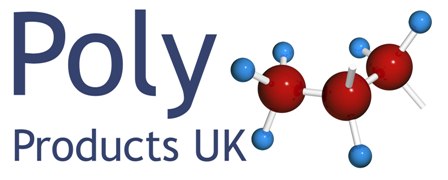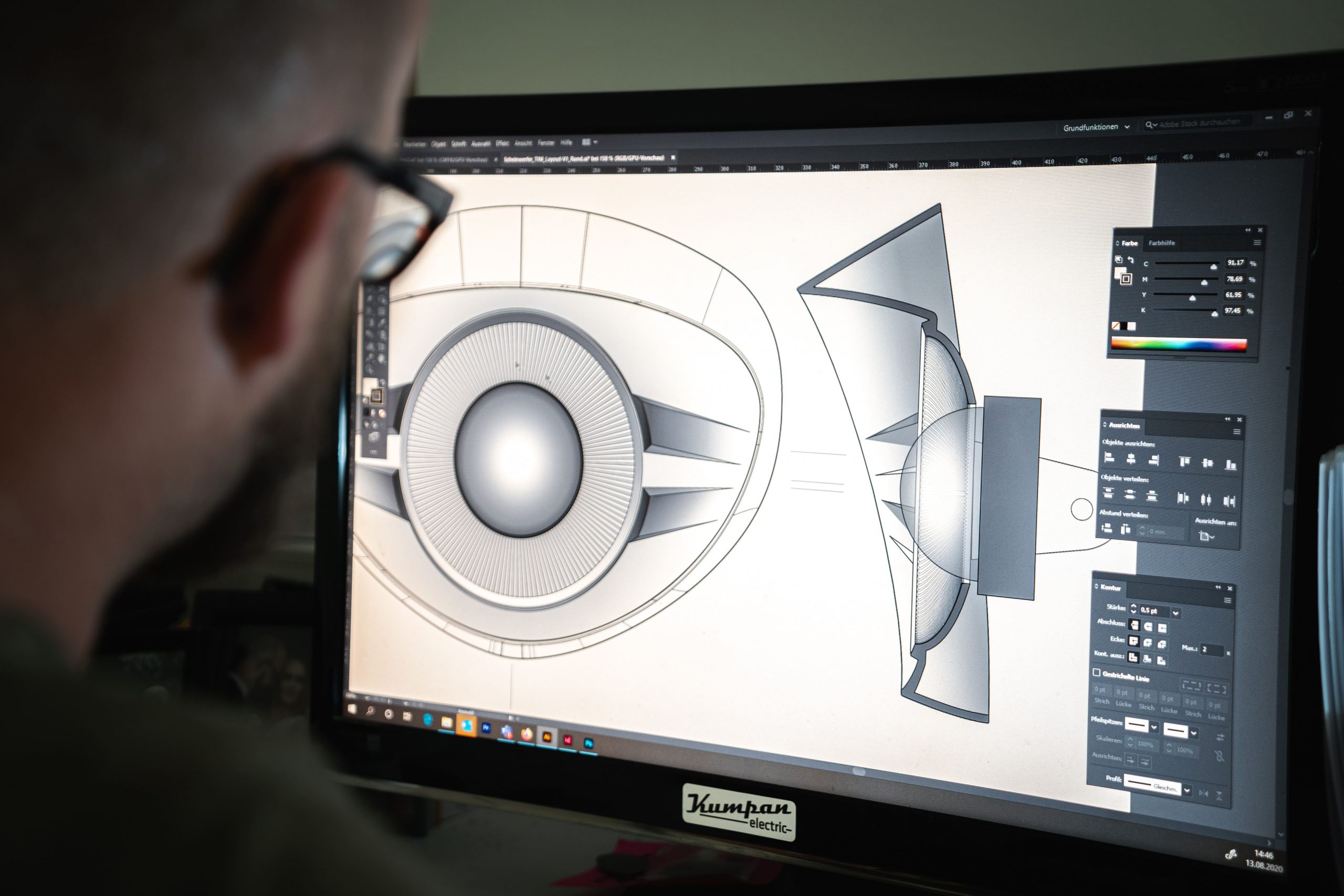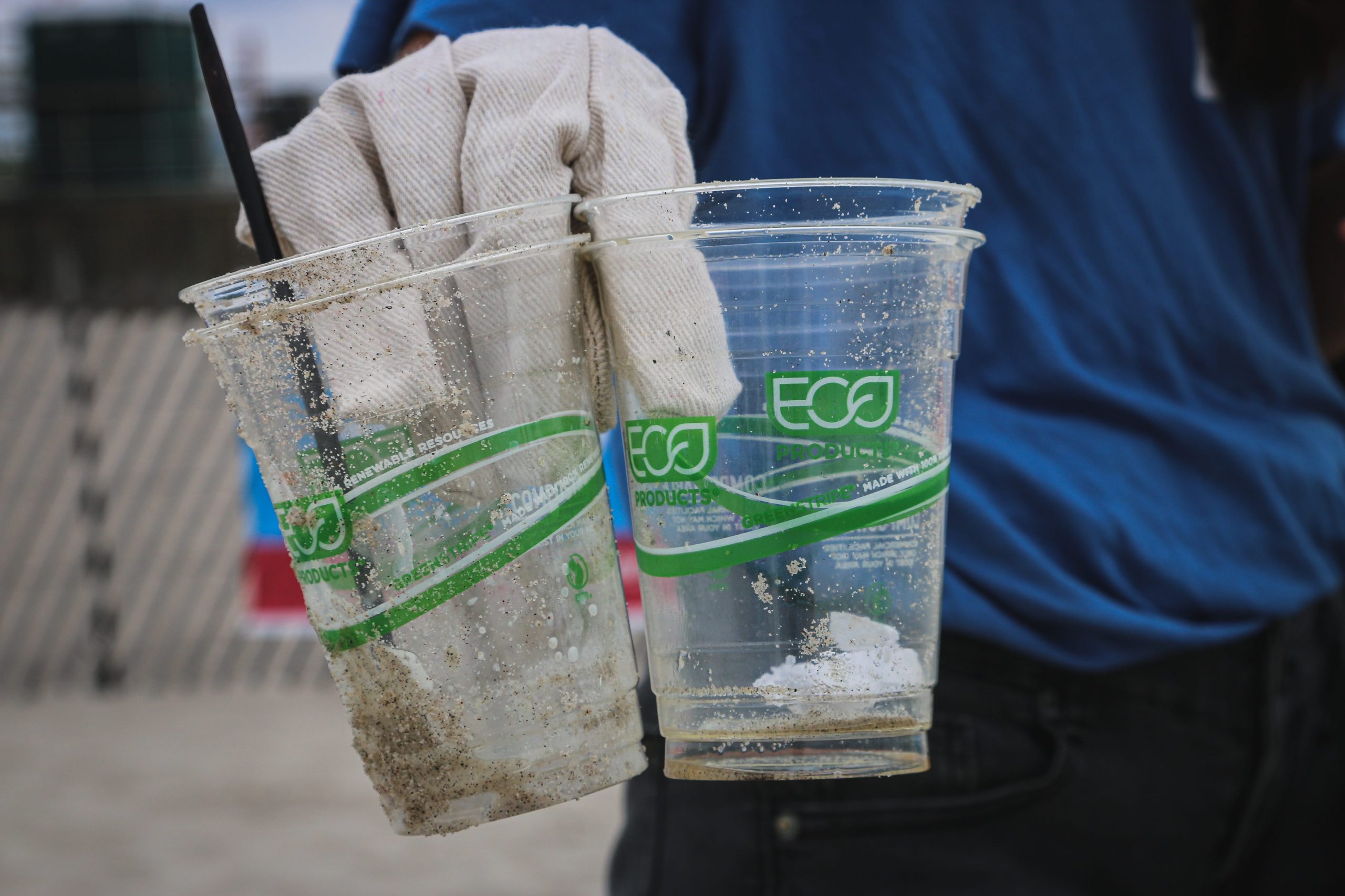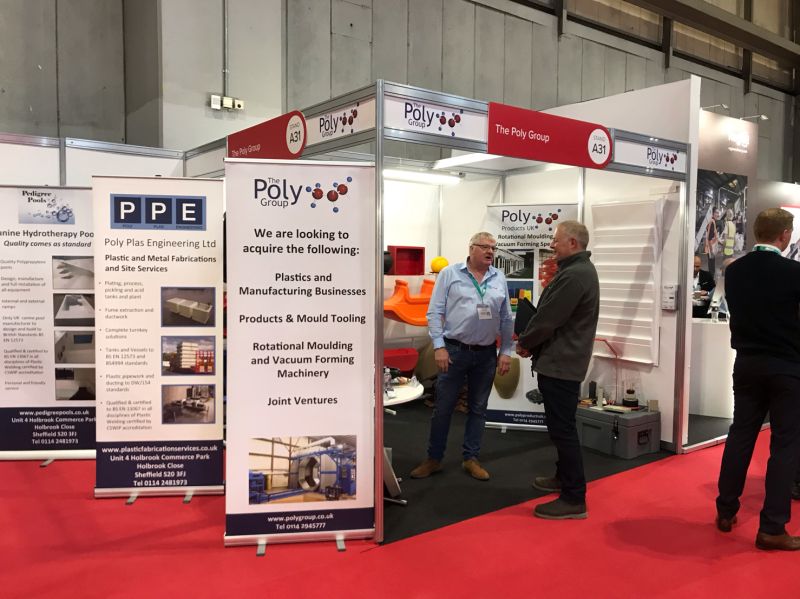Polymers used in the rotational moulding process are manufactured in powder form and designed to have a consistent particle size and shape (typically 35 mesh) which helps to ensure even melting and coating of the mould.
The powders are also typically formulated with additives, such as UV stabilizers and colourants, to enhance the properties and appearance of the finished product.
There are a number of materials available, each with their own specific engineering properties, which should be taken into consideration for the suitability and application of the end product.
1. Polyethylene (PE): This is the most widely used material for rotational moulding, it is a thermoplastic polymer that is known for its durability, resistance to chemicals, and flexibility. PE is available in various grades and densities, including low-density polyethylene (LDPE), linear low-density polyethylene (LLDPE), and high-density polyethylene (HDPE). This is the most commonly used material within the industry and used to manufacture many products that the public will come across in their everyday lives, such as road cones, road barriers, litter bins, grit salt bins etc.
2. Polypropylene (PP): This is another common material used in roto-moulding. It is a thermoplastic polymer that has good impact resistance, flexibility, and resistance to chemicals. Tanks, pipes and various vessels are manufactured from this material.
3. Nylon (PA): This is a synthetic thermoplastic material that is known for its toughness, high strength, and resistance to abrasion. It is commonly used in the production of industrial parts.
4. Ethylene Vinyl Acetate (EVA): is a type of thermoplastic material that is known for its softness, flexibility, durability, and rubber-like composition. It is a popular choice for manufacturers who want to create products that are lightweight, impact-resistant, and easy to clean. EVA is used in rotational moulding to produce a variety of products, such as road bollards, go-kart pods and children’s toys.
5. Polyvinyl Chloride (PVC): This is a thermoplastic polymer that is known for its chemical resistance, durability, and flexibility. It is commonly used in the production of toys, medical equipment, and construction materials.
6. Polyurethane Foam (PU): Polyurethane foam is a popular choice for rotational moulding because of its excellent insulation and cushioning properties. It is commonly used to produce products such as: canoes, defibrillator cabinets, marine buoys, cool boxes, furniture, and toys.
The above list is by no means exhaustive and there are further polymers used within the industry, such as polycarbonate and cross link polyethylene, which can be moulded under specific conditions.
Overall, rotational moulding powders play a critical role in the manufacturing process, as they determine the quality, strength, and durability of the final product.







